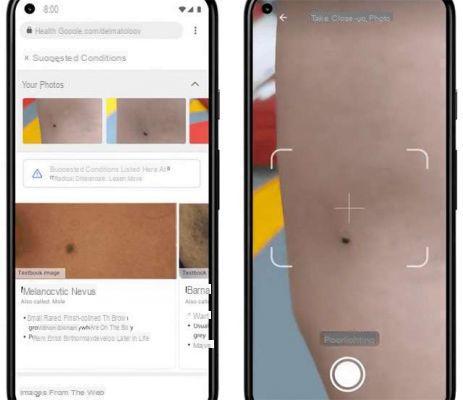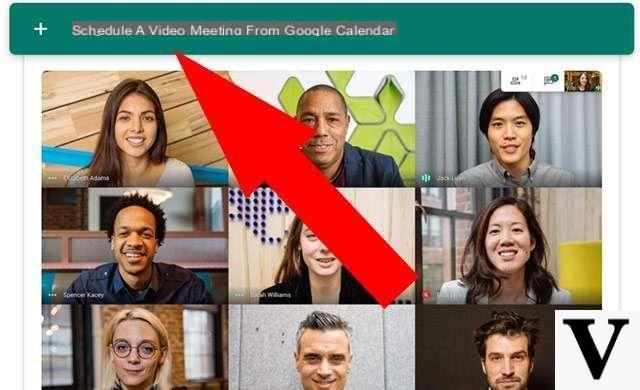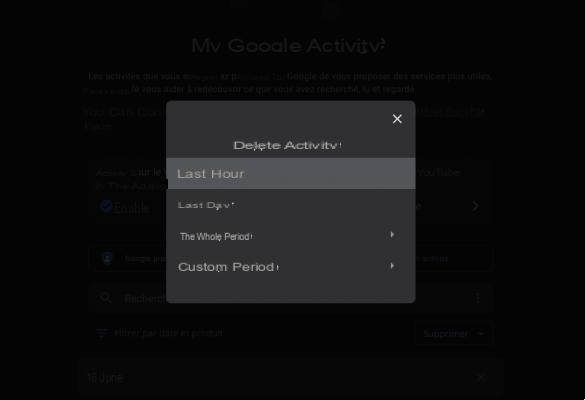The most interesting announcement among those coming from the virtual stage of the Google I/O 2021 is not linked to Android 12, nor to quantum computing or to the news for Workspace, but to a technology that on the one hand shows the potential ofartificial intelligence applied to medical research, on the other hand it raises a question and some justified fear. The Mountain View group has anticipated the arrival of a system that will allow anyone to frame a spot or mole on their body to understand what it is.
AI for self-diagnosis of skin problems: the right choice?
A Web based application, accessible through the smartphone camera, which according to bigG will help answer the ten billion queries typed about problems affecting skin, hair and nails. We report below in translated form what you read in the announcement post.
Today, at I / O, we share a preview of an AI-powered dermatological assistance tool, which will help you learn more about problems related to the largest organ in your body: your skin, hair. and nails. Employing many of the same techniques that CT scan for diabetic retinopathy or lung cancer, this tool will bring you closer to identifying skin problems such as a rash on an arm that bothers you, using your phone's camera.

The artificial intelligence in question is believed to be capable of identifying 288 problems or pathologies different, also providing answers to the most frequently asked questions relating to each specific condition. Google specifies that this tool is not meant to provide a diagnosis or to replace a doctor's consultation, as many problems require a clinical exam, an in-person visit, and additional tests such as a biopsy.
We have repeatedly reported similar initiatives on these pages, aimed at putting theAI at the service of doctors, supporting them in the phase of patient evaluation and examinations conducted, thus reducing the margin of error in the interpretation of reports or diagnostic images. Is letting anyone use it the best choice or is there the risk that someone will then avoid having to undergo a visit to a specialist, feeling satisfied with the response provided by an algorithm?
The intention is to make the technology available by the end of the year. We imagine that before then there will be a way to return to the issue again and that distancing the announcement from the launch also serves as a bigG to collect feedback on the matter, evaluating its reception.
Updated: online a form to fill out to request early access to the technology. Some of the questions asked concern age, the type of device used, gender and skin tone.
Source: Google I have a blemish: Dr. Google, tell me, is it serious?


























